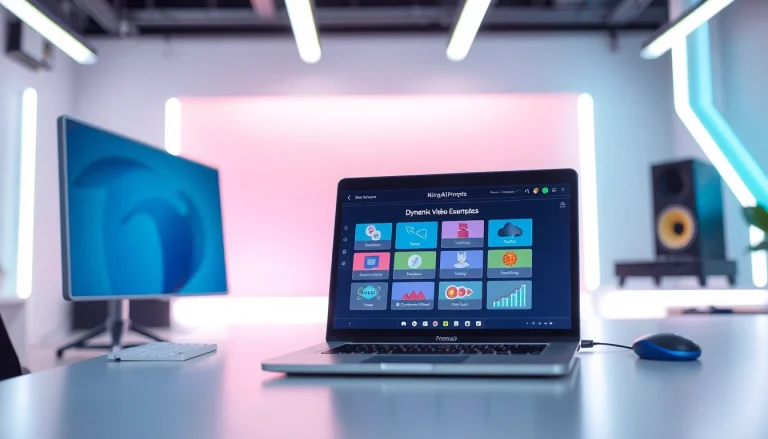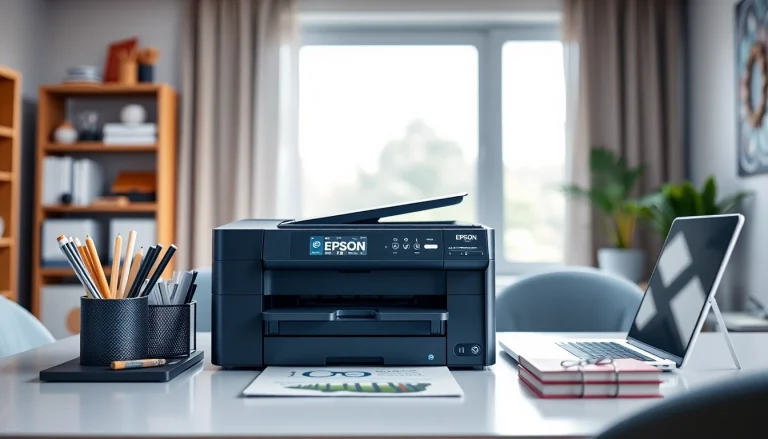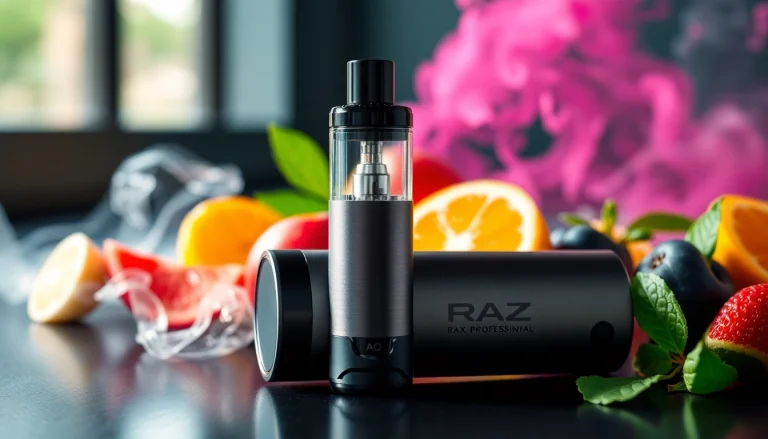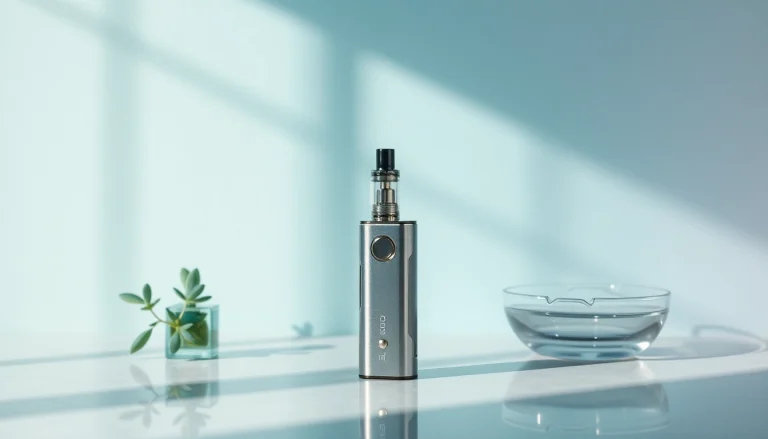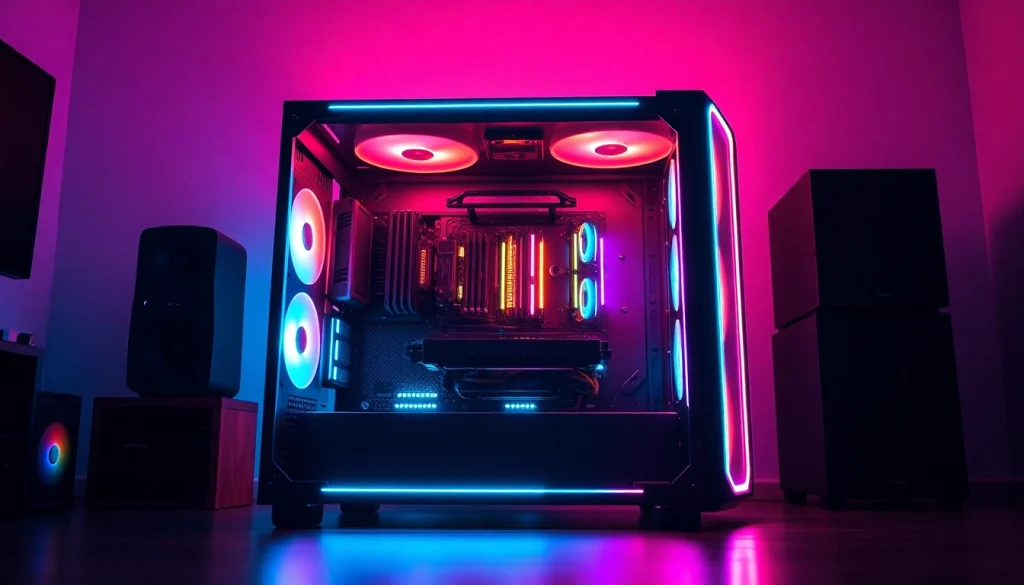
Understanding Gaming PC Cases
What is a Gaming PC Case?
A gaming PC case, often simply referred to as a computer case or chassis, is the enclosure that houses all the internal components of a gaming computer. This includes the motherboard, CPU, RAM, graphics card, power supply, and storage drives. The choice of a gaming PC case is crucial not only for protecting these components but also for enhancing their performance and longevity. A well-constructed case facilitates better airflow, allows for efficient cooling solutions, and contributes to the overall aesthetic of your gaming setup. Choosing the right gaming pc case can greatly impact your gaming experience.
Types of Gaming PC Cases Explained
Gaming PC cases come in various shapes and sizes, each tailored to specific needs and preferences. Here are the most common types:
- Full Tower Cases: These offer the most space and are suitable for larger builds or users who plan to expand their system. Full tower cases support multiple GPUs, additional storage, and advanced cooling options.
- Mid Tower Cases: The most balanced option, mid tower cases provide adequate space for most gaming setups and can accommodate a good number of components without being overwhelmingly large.
- Mini Tower Cases: These are designed for more compact builds. Mini towers are ideal for users with limited space and are perfect for basic gaming setups.
- Micro ATX Cases: Specifically designed to hold micro ATX motherboards, these cases blend performance and size, often at an economical price.
- Mini ITX Cases: Perfect for building ultra-compact PCs for gaming on the go or in tight spaces. These cases require careful planning regarding component selection due to limited internal space.
Key Features to Look For
When choosing a gaming PC case, there are several essential features to consider to ensure you get the best performance and usability:
- Cooling Potential: Good airflow is critical for keeping your components cool. Look for cases with multiple fan mounting options and support for radiators for liquid cooling.
- Expandability: Consider how many components you may want to install in the future. Some cases offer additional bays for drives and space for more graphics cards.
- Build Quality: A sturdy case protects your hardware better. Look for cases made of high-quality materials such as steel and tempered glass.
- Cable Management: Effective cable management features help keep your build neat and improve airflow. Consider cases with built-in cable routing options or holes and tie-down points.
- Aesthetics: The case is the centerpiece of your gaming setup. Choose a design that reflects your style, whether minimalist, RGB friendly, or something entirely unique.
Choosing the Right Gaming PC Case
Size Matters: ATX vs. MicroATX vs. Mini-ITX
Choosing the right case size is one of the most critical decisions you’ll make when building your gaming rig. The size not only affects what components you can use but also impacts airflow and aesthetics.
ATX cases are the standard for most gaming PCs, providing ample room for full-size graphics cards and advanced cooling solutions. MicroATX cases offer a more compact alternative that still supports a healthy range of components, making them a good balance between size and performance. Finally, Mini-ITX cases are designed for the smallest setups, ideal for gamers who value portability and space-saving designs. However, planning is necessary for cooling and power as the size limits component compatibility.
Airflow and Cooling: Importance in Gaming
Effective cooling is one of the most important factors in any gaming build. Gaming laptops and PCs generate heat, especially under load. Therefore, a case with optimal airflow helps prevent thermal throttling, ensuring that components operate efficiently during intense gaming sessions.
When evaluating cooling features:
- Look for cases that support multiple fans and radiators.
- Consider cases with mesh panels for enhanced airflow.
- Assess the orientation of fans and potential airflow path across components.
Design and Aesthetics: Making it Your Own
While functionality is crucial, aesthetics play a significant role in the design of a gaming PC case. Customization options can enhance the visual appeal of your rig. Many cases come with RGB lighting, tempered glass panels, and unique designs that reflect your personal style.
When selecting for aesthetics, consider the overall theme of your gaming setup and opt for cases with features such as decorative panels or customizable LED lighting to create a cohesive look.
Building Your Gaming PC: Case Considerations
Compatibility with Hardware Components
Before purchasing a gaming PC case, ensuring that it is compatible with your chosen hardware is essential. Each case has specific limitations regarding the size of the motherboard, the length of the graphics card, and the height of the CPU cooler.
Always check the specifications provided by the manufacturer and compare them with your hardware components. Popular cases often feature lists of compatible components for easy reference.
Easy Cable Management Solutions
Effective cable management is more than just aesthetic; it also promotes better airflow inside the case. Many modern gaming PC cases come with innovative cable management solutions, such as customizable routing channels and built-in tie-down points.
A well-managed build will not only look clean but will also help to maintain optimal thermal performance. Look for cases with ample space behind the motherboard tray, which allows for easier hiding of cables.
What is the Best Value Gaming PC Case?
Determining the “best value” gaming PC case involves balancing cost with features and quality. Look for cases that offer solid build quality, sufficient airflow options, and aesthetic choices at an approachable price point.
Brands known for providing excellent value in the gaming case market include NZXT, Corsair, and Thermaltake. Typically, mid-tower models strike a good balance between price and features, accommodating various builds comfortably.
Top Brands for Gaming PC Cases
Corsair: Quality Meets Performance
Corsair is recognized as one of the leading brands in gaming hardware, offering a wide array of cases renowned for their quality construction and performance capabilities. The company’s lineup includes cases with innovative cooling solutions and customizable features, making them popular among gamers and PC builders alike.
Noteworthy models include the Corsair 4000D Airflow, known for its superior airflow and cable management features, and the Corsair 5000D, which provides additional space for high-end components.
NZXT: Aesthetic and Practical Choices
NZXT has carved a niche for itself in the gaming case market by emphasizing aesthetic designs combined with user-friendly features. Their cases often feature a sleek minimalist design, tempered glass panels, and integrated RGB lighting.
Popular offerings like the NZXT H510 and H7 Flow present excellent cable management solutions, ease of building, and efficient cooling options without sacrificing appearance.
Thermaltake: Unique Options for Gamers
Thermaltake is known for its creativity and innovation, producing cases that stand out in terms of design. From tempered glass side panels to unique RGB lighting themes, Thermaltake caters to gamers looking for something different.
Models like the Thermaltake View 71 and Thermaltake H250 offer unique styling options that allow builders to showcase their setups while providing solid performance.
Maintaining Your Gaming PC Case
Cleaning Tips for Optimal Performance
Regular maintenance of your gaming PC case is vital for sustaining performance over time. Dust accumulation can obstruct airflow and trap heat, leading to overheating and potential damage to components.
Here are some cleaning tips:
- Power down your PC and unplug it before cleaning.
- Use a can of compressed air to remove dust from fans, filters, and components.
- Clean the exterior with a damp cloth to remove fingerprints and smudges.
- Consider washing or replacing dust filters on a regular basis.
Upgrading Your Case: When and Why
As technology progresses, you might find the need to upgrade your gaming PC case. Signs that it may be time for an upgrade include increased heat buildup, inadequate space for new components, or a desire for better aesthetics.
Newer cases often come equipped with enhanced cooling solutions, improved cable management, and additional features that your current case may lack. Upgrading can lead to improved performance and a more satisfying overall gaming experience.
Common Issues and Troubleshooting
Even with the best gaming PC case, issues can arise, necessitating troubleshooting. Common issues include:
- Overheating: Ensure airflow is adequate; consider adding fans or cleaning dust buildup.
- Noisy Fans: Identify and replace or lubricate fans that may be malfunctioning.
- Loose Connections: Regularly check internal connections for wear and tear and ensure they are properly secured.
Addressing these issues promptly can help maintain your gaming rig’s performance and longevity.

